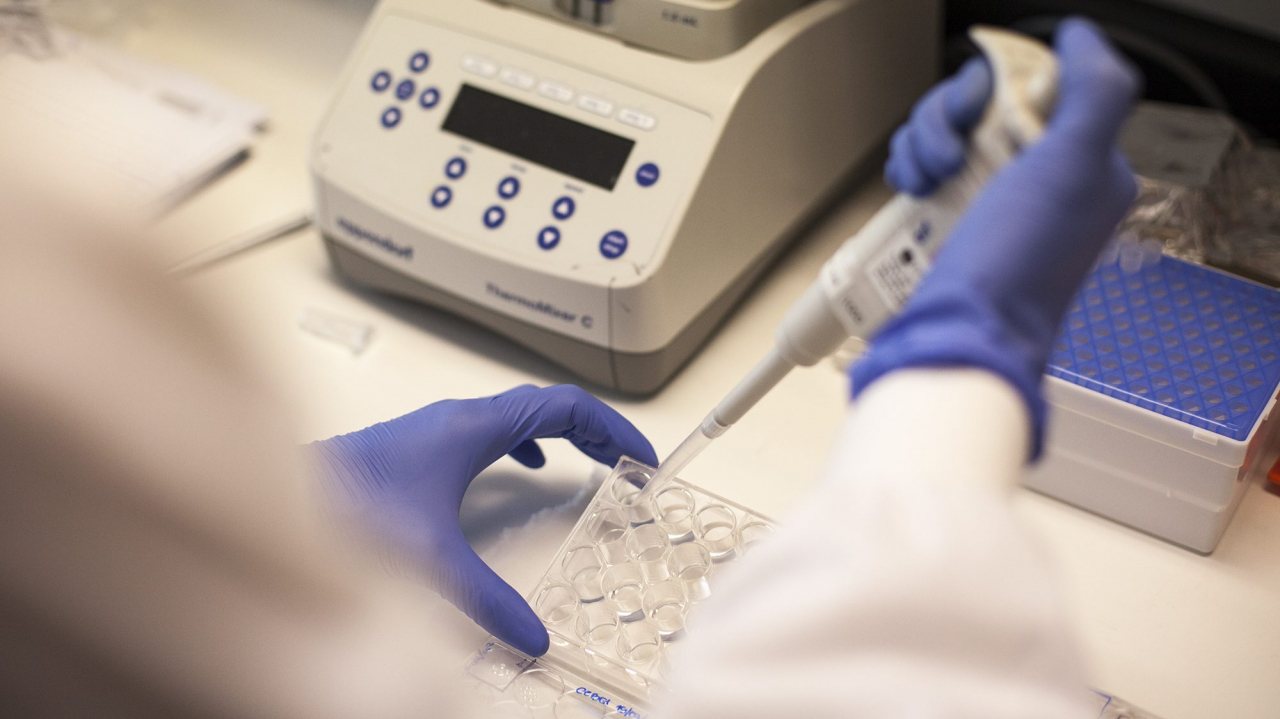Three students from the Colégio Valsassina, in Lisbon, went to the markets in search of fish scraps and produced a moisturizing cream, while three students from the Colégio Luso-Francês, in Porto, used a marine bacteria to obtain regenerative properties from the bones.
the six studentsaged between 17 and 19 years and with completed secondary education, are in Brusselsin Belgium, the participate in the annual competition organized by the European Commission for young scientists, EUCYS, which brings together this week more than 130 participants from 36 countries, who will present 85 projects that will be evaluated by a jury. The winners will be announced on Saturday.
Portugal is represented by the projects of the Colégio Valsassina and the Colégio Luso-Francês, winners, respectively, of the 2022 and 2023 editions of the competition. National Competition for Young Scientists, co-organized by the Youth Foundation.
Joana Monteiro, João Henriques and Margarida Leite, then Science students at Colégio Valsassina, were challenged, in the words of Biology professor João Gomes, who accompanied them, to identify a “problem that needed improvement.”
They saw the sea as “a job opportunity” and thus the idea of creating a collagen-based moisturizing cream germinated. (gelatinous protein) extracted from fish remains (skin, fins, scales) found in Lisbon markets.
The prototype of the cream was developed with the support of scientists from the Lisbon Higher Technical Institute. Then, with the Catholic University, young people learned to be entrepreneurs: how to identify potential customers for their product, develop a business model, create a brand, a logo, a promotional campaign.
Basically, as Lusa João Gomes described, the project allowed students to acquire skills, learn, work in teams and with scientists and have the notion that the The “scientific process” is also made of “errors and frustrations.” “Being here and seeing them present [o projeto] In this way, at the level of the best, it is already a prize,” said the professor, from Brussels.
Twice a week, and outside their academic schedule, Afonso Nunes, Inês Cerqueira and Mário Onofre, students from the Luso-French School, worked with scientists from a laboratory at the University of Minho Specialist in cell regeneration.
They read literature on the subject, talked with scientists and with the supervision of Biology teacher Rita Rocha they managed to He put a marine bacteria to produce spider web thread (using his genetic formulation) and added a gene that “induces the differentiation of bone cells.”
The result obtained was a “Spider web silk with the gene that can be implanted in injured bone tissue”Rita Rocha told Lusa, highlighting that the effectiveness of the material, which is “non-toxic”, will be tested in the next step in animal models.
The motto of the work was “mitigate osteoporosis in the aging population” and “low bone density among the youngest” due to the sedentary lifestyle, explained the teacher, who supervised the project planning, the laboratory process, data processing, report generation and trained the students’ communication skills.
During their work, the young people discovered another potential of the ‘Rhodovulum sulfidophilum’ bacteria: that it generated a “byproduct of its metabolism”, in this case green hydrogen, a clean energy, by producing the spider web thread with that gene. . “It is a research that has practical applicability and that motivates them a lot,” highlighted Rita Rocha.
Afonso Nunes, Inês Cerqueira and Mário Onofre now intend, as university students, “optimize hydrogen production by bacteria”taking advantage of wastewater from canning industries, a favorable environment for its growth, and studying how “capture and store hydrogen so it can be used.”
The project they presented in Brussels allowed them to know how to “collaborate, divide tasks, manage time, expectations, speak without fear, present ideas, listen to criticism.” A “very large growth,” summarized Professor Rita Rocha, who since 2006 has supervised the work of students who attend competitions such as the EUCYS, which rewards those who reach the podium with between 3,500 and 7,000 euros.
Source: Observadora
